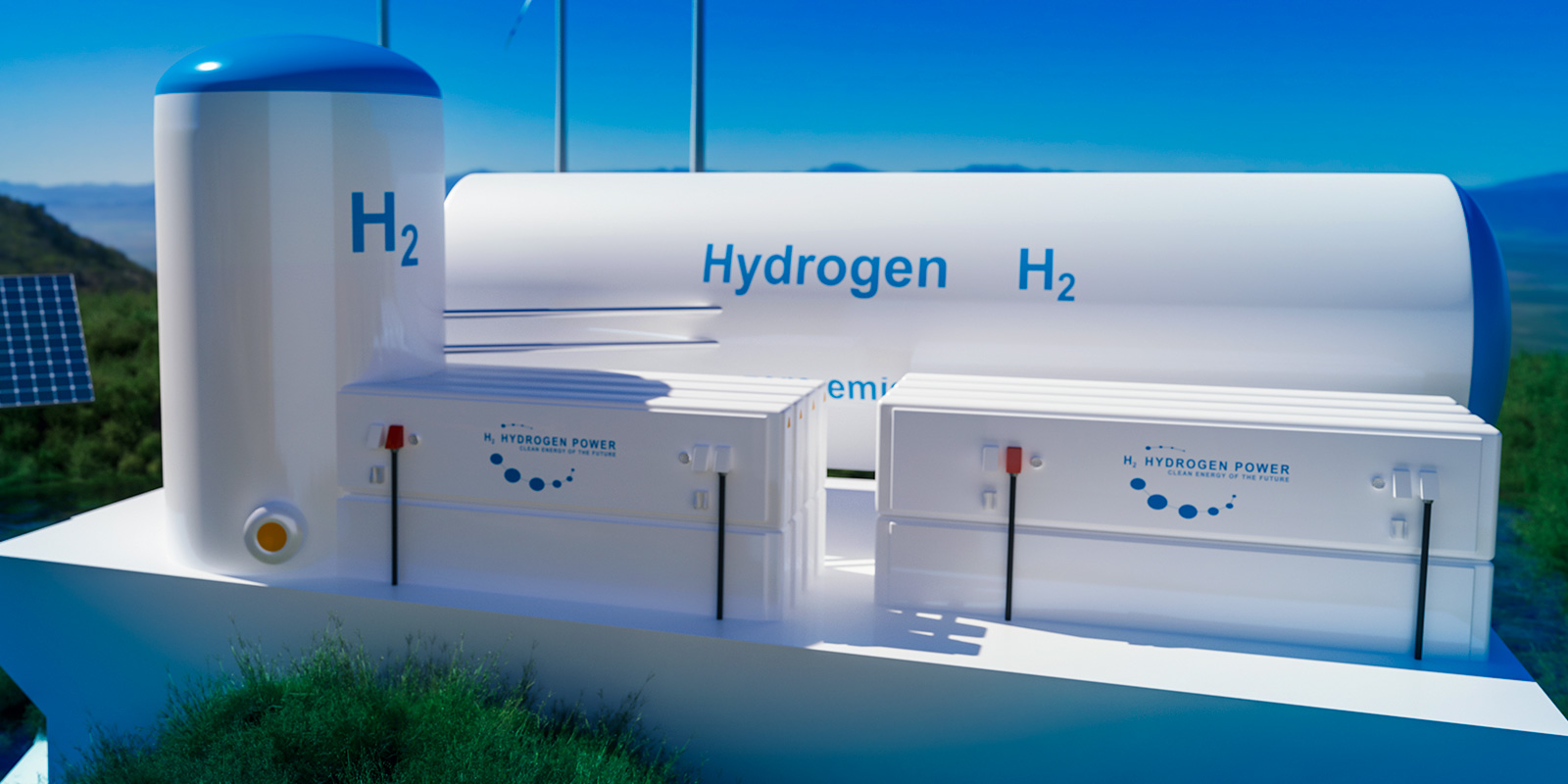
Towards a Global Renewable Hydrogen Market – Australia and Europe Join Forces
Two key actors in renewable energy, Australia and Germany, agree to a joint feasibility study to collaborate on the production of renewable hydrogen, in a further step towards achieving a global hydrogen market.
On September 11, 2020, Australia and Germany signed an agreement for a joint feasibility study to develop their respective emerging industries for hydrogen produced from renewable energy.
The study will examine the supply chain for the production, storage, transport, recovery and use of renewable hydrogen. Additionally, the study will assess technology and R&D, as well as identify barriers to developing a sustainable hydrogen industry. These aims are well aligned with Australia’s recently published 2020 Integrated System Plan for the Australian National Electricity Market, as discussed in our Jones Day Commentary, "A Comprehensive Roadmap for Australia's Complex Energy Transition," and the European Union’s recent dual strategy plans to transform Europe's energy system. See our recent Commentary, "A Comprehensive Roadmap for Europe’s Complex Energy Transition."
The joint study is an important building block towards developing emerging hydrogen industries and establishing a future leading role for Australia and Germany in renewable hydrogen. Its findings are anticipated to shed further light on overcoming the following notable challenges to attaining a global hydrogen market:
- Distance and transportation costs raise the primary barrier between production units and end users. While Australia offers all the ingredients (sun, wind, space) to become a world player in hydrogen, it must find cost-effective means of delivery.
- Green (not gray) hydrogen must be assured for offtakers of renewable hydrogen. In order to develop market confidence, globally recognized certificates of origin or other types of certification schemes will play a key role in creating the necessary transparency.
- Liquid regional markets and cooperation between these regions must be established and will be crucial to a future shift to a global hydrogen market. The recently unveiled European Union strategies embody such objectives.
The nascent renewable hydrogen industry, backed by important government-led initiatives such as this one, is on its way to addressing these challenges and assuming a critical role in building a decarbonized world for future generations.



